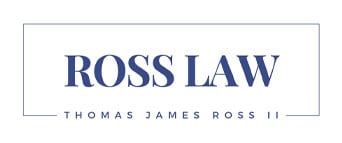Most individuals do not have estates that would be subject to an estate tax. While there could be and often are other costs related to the transfer of assets, a formal tax is not typically one of them.
Virginia does, however, have a probate tax system. This is a combination of state and local taxes that most estates would owe, although it is not enough to represent a significant dilution of assets to most people.
Estate taxes
Virginia does not have an estate tax. This means that there is no tax on a person’s right to transfer assets to another person after death. However, there could be taxes on certain types of remainder interests.
Remainder interests are relatively complex legal instruments that allow people to have an interest in property for the remainder of their lives. This exception is relatively rare.
Virginia is, in fact, in the majority of states when it comes to this type of tax. Most states do not have an inheritance or estate tax, and the federal exemption is well over 10 million dollars.
Probate tax
Estates that go through the probate process in Virginia would probably be subject to a small tax. This amounts to 10 cents per 100 dollars plus, the local probate tax rate. The local tax is typically three-and-one-third cents per hundred dollars. There could also be alternative fees.
Certain types of property are not subject to this tax. They include insurance benefits that pay out to a specific person or property with joint ownership and right of survivorship.
There is a combination of relatively relaxed tax law in most states and in the federal government. However, small-business owners, executives and other wealthier individuals might need an advanced strategy.

